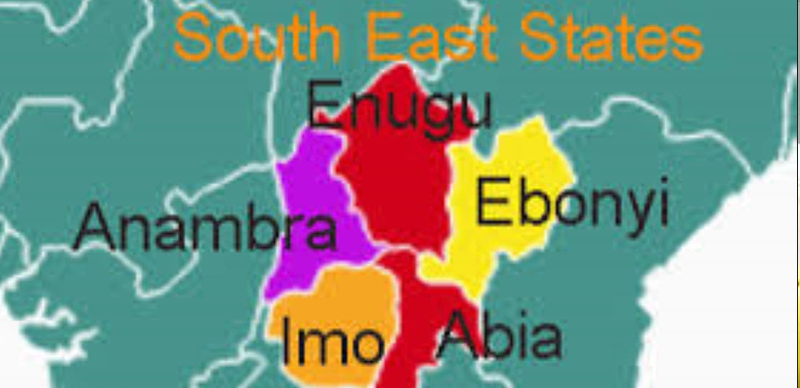The African Development Bank (AfDB) says it plans to support Nigeria’s power sector with a $1 billion policy-based operation (PBO) fund to boost electricity.
Policy-based lending provides countries with flexible, liquid funding to support policy reforms in a particular sector.
Kevin Kariuki, AfDB vice-president, power, energy, climate change and green growth complex, revealed the plans on May 16 at the Eight Africa Energy MarketPlace (AEMP) Forum in Abuja.
The theme of the forum is titled ‘Towards Nigeria’s Sustainable Energy Future: Policy, Regulation, and Investment – A Policy Dialogue for the National Integrated Electricity Policy and Strategic Implementation Plan (NIEP-SIP)’.
“We will be shortly seeking board approval for a $1 billion policy-based operation (PBO) with a significant energy component,” he said.
“This is aimed at supporting the ongoing power sector reforms triggered by the new Electricity Act.
“The timing of the AEMP and the proposed policy-based lending focused on the energy sector is, therefore, not coincidental.”
Kariuki said AfDB will fund the policy recommendations to actualise the expected outcomes from the NIEP-SIP.
He said effective policies attract long-term investments and that an enabling environment maximises the value of existing investments, such as the $256.2 million Nigeria transmission expansion project (NTEP).
According to Kariuki, the project will include the construction of 500 kilometres (KM) of transmission lines and four substations with a capacity of over 1000 megavolt-amperes (MVA).
“And the $200 million Nigeria electrification project, which will build 150 mini-grids,” he said.
“Moreover, we are financing a study for the Transmission Company of Nigeria (TCN) to explore the deployment of battery energy storage systems to enhance grid stability and facilitate greater uptake of renewable energy generation.
“Nigeria is part of our flagship $20 billion Desert to Power Initiative, which aims to generate 10,000 megawatts (MW) of solar power across 11 countries in the Sahel region to provide power to 250 million Africans.”
According to Kariuki, this bodes well for increasing the proportion of renewable energy in Nigeria’s energy mix.
He said the multifaceted approach of supporting policy development, financing critical power sector infrastructure, and providing technical assistance and capacity building would be successful.
Kariuki expressed confidence that AfDB’s partnership with the federal government would create a viable and sustainable power sector that yields the desired result.







